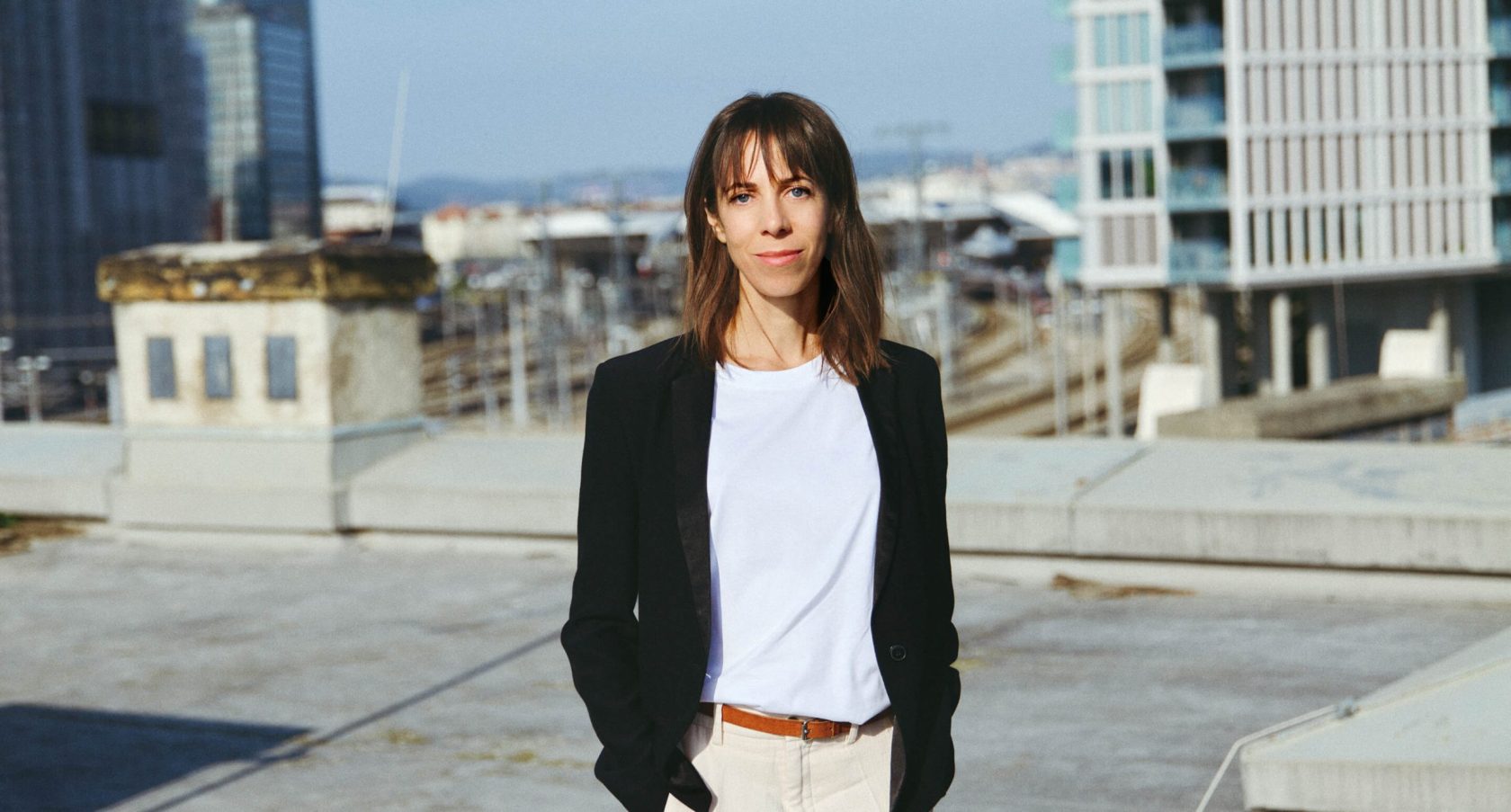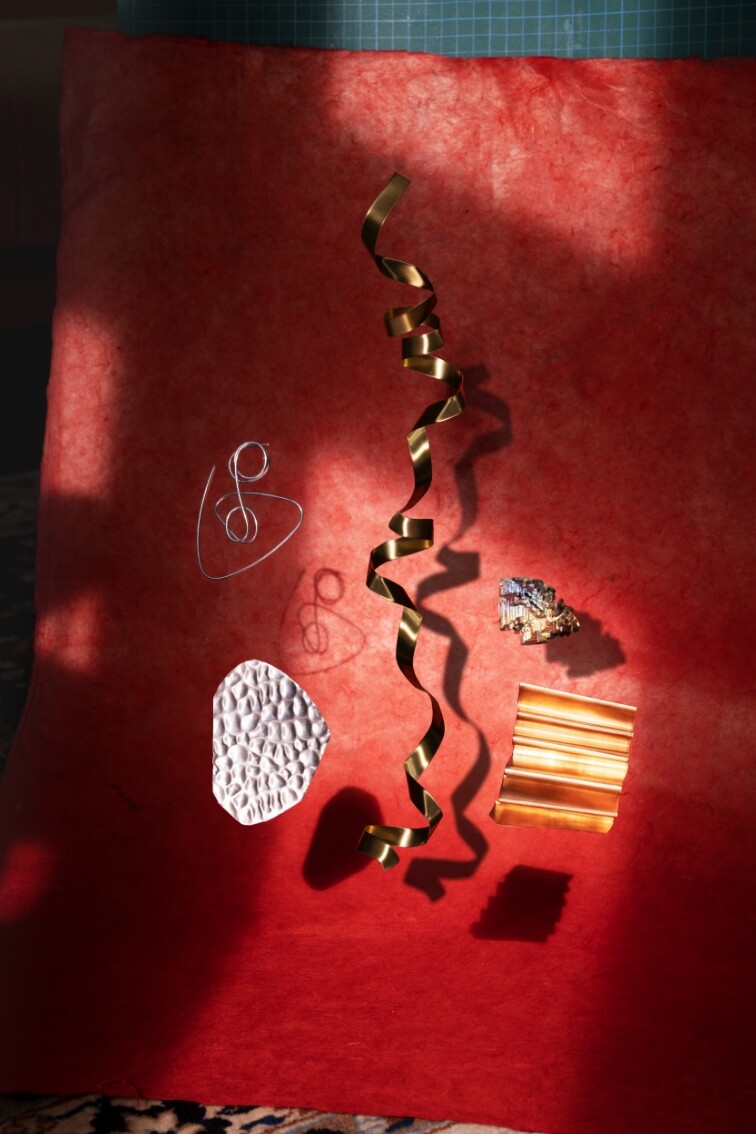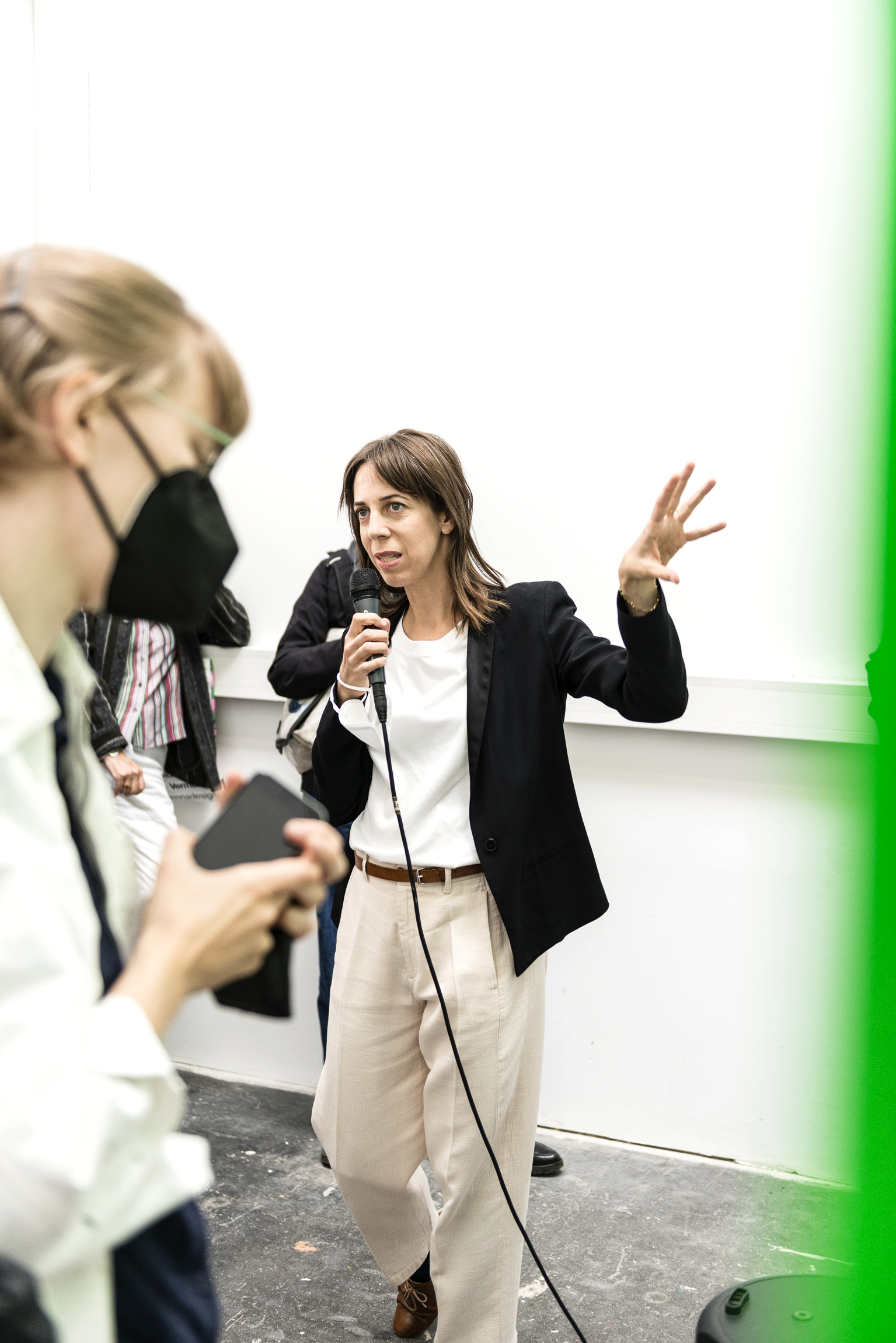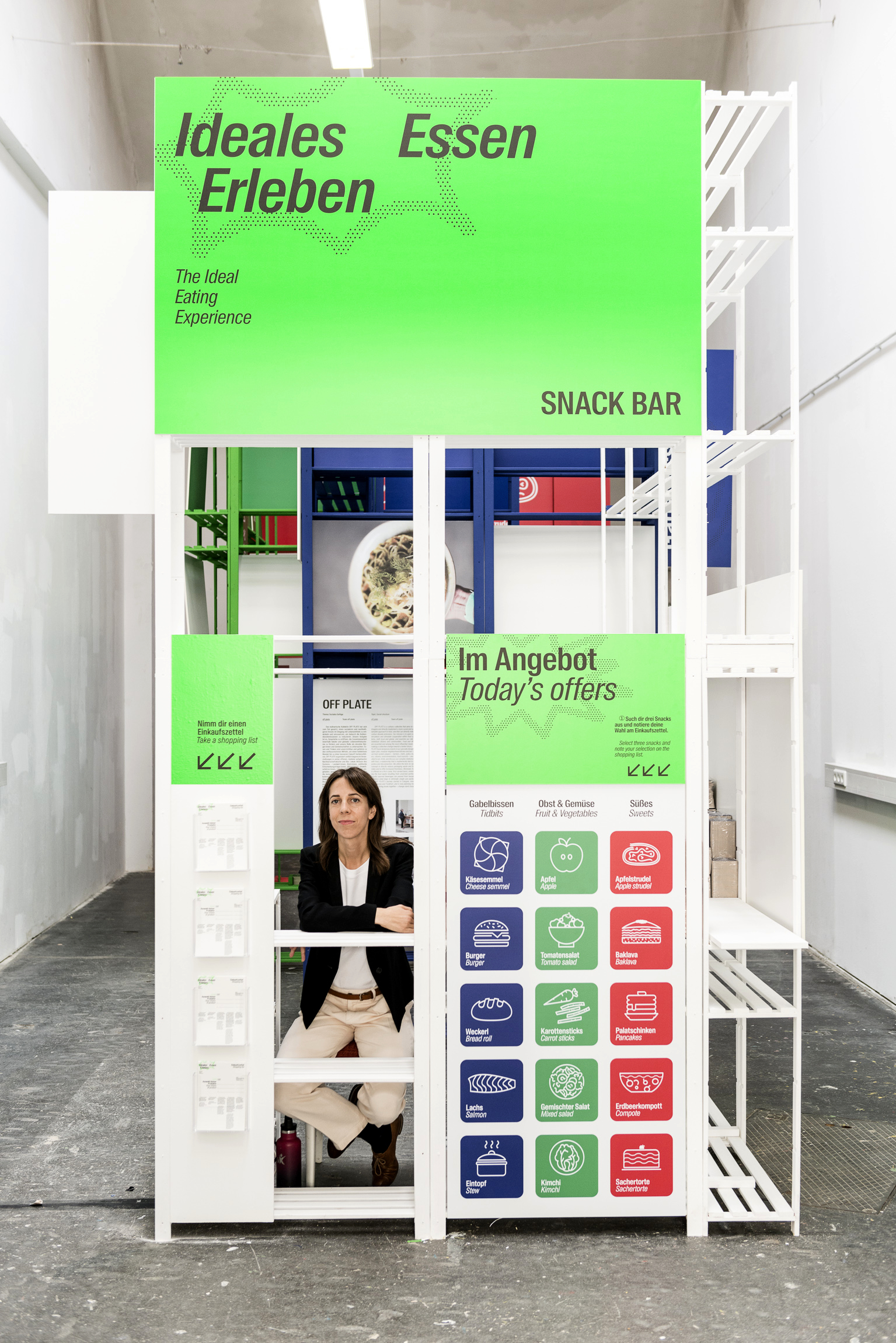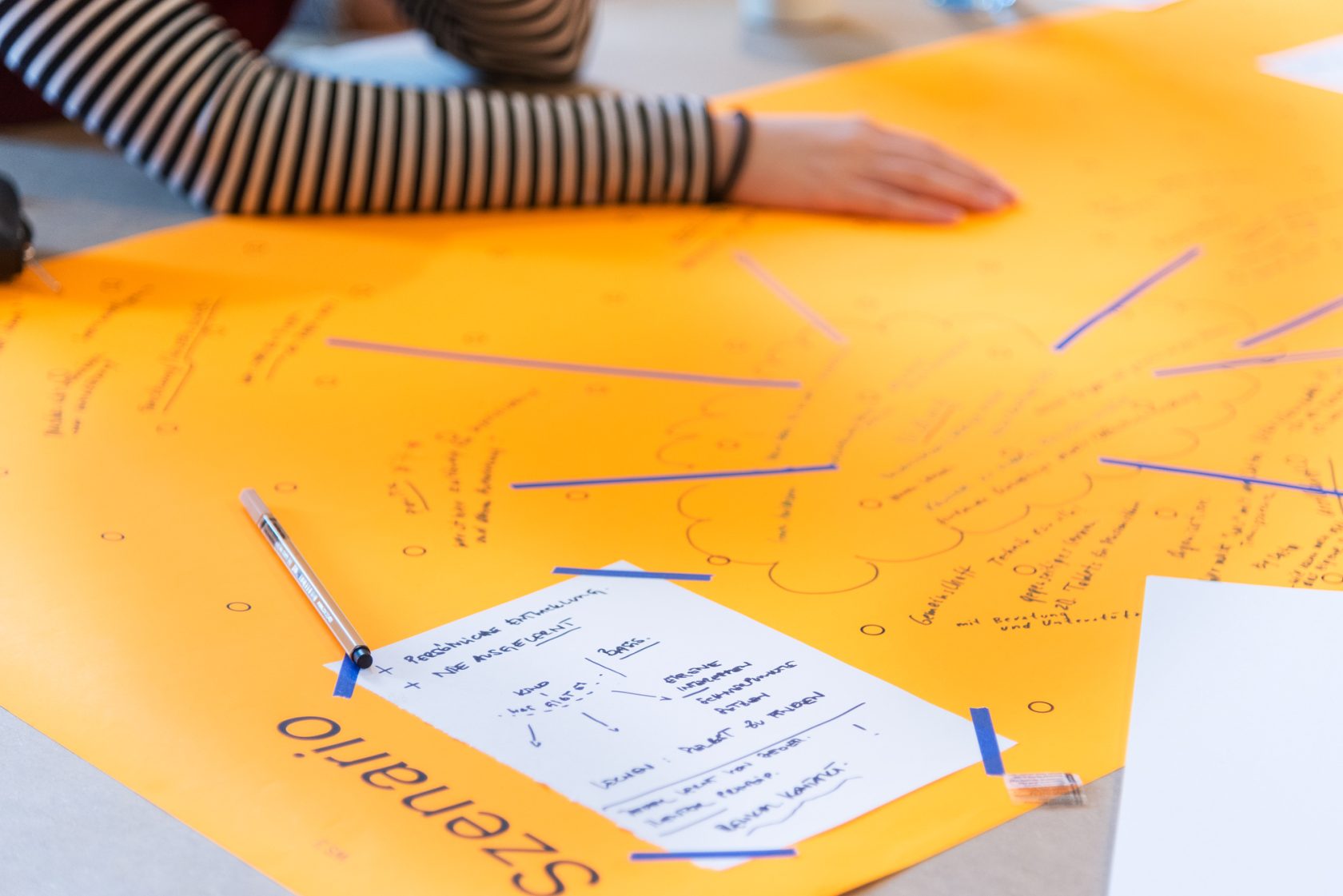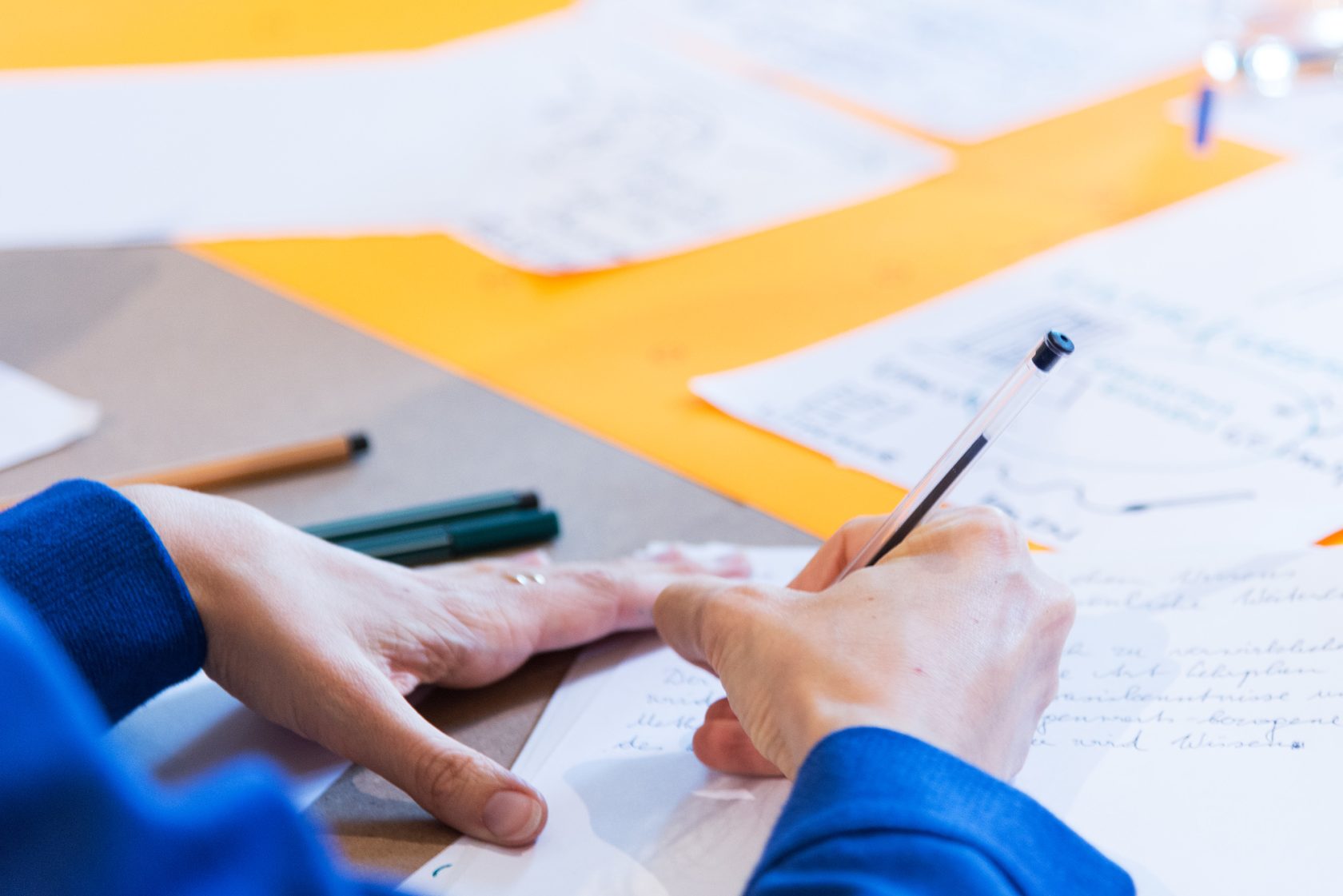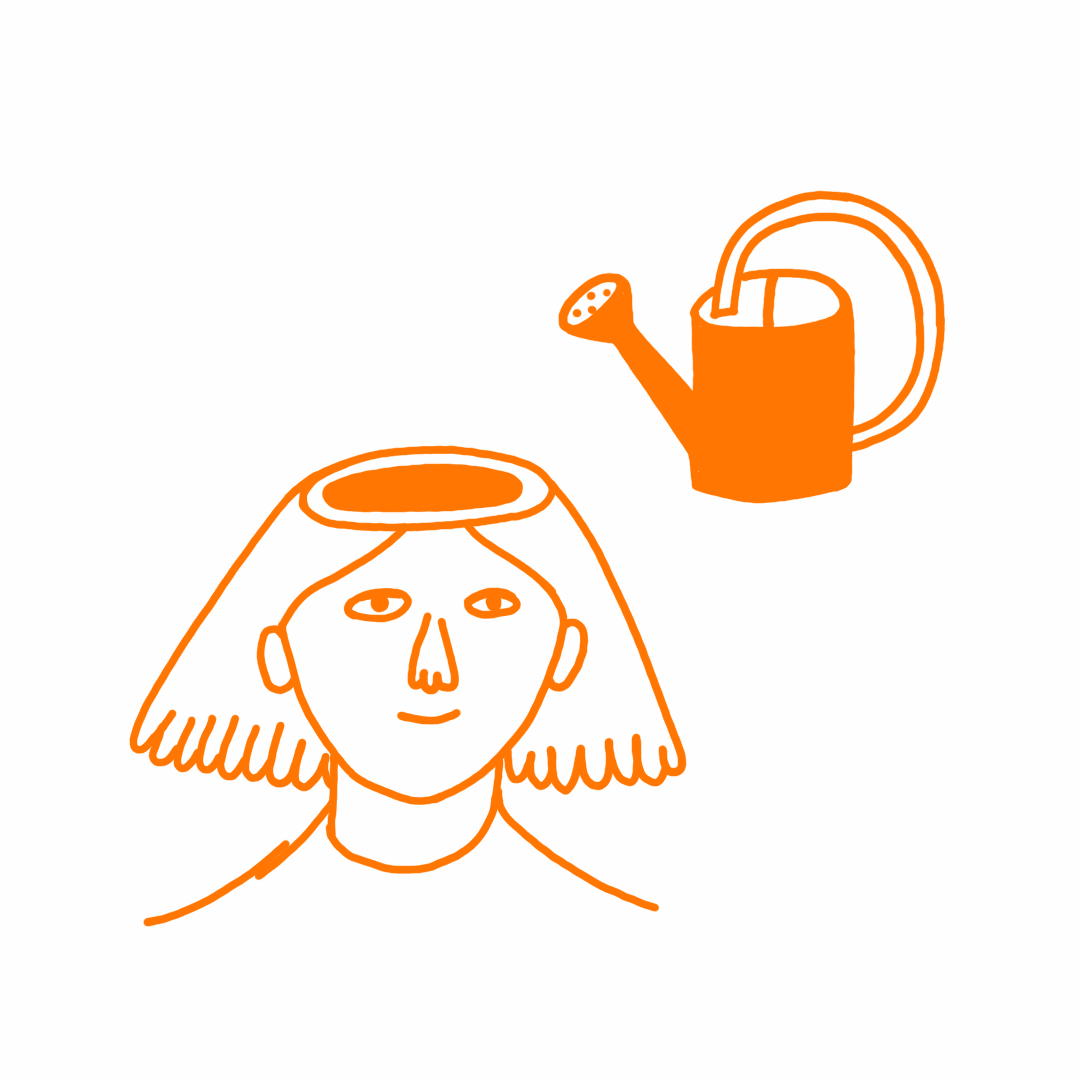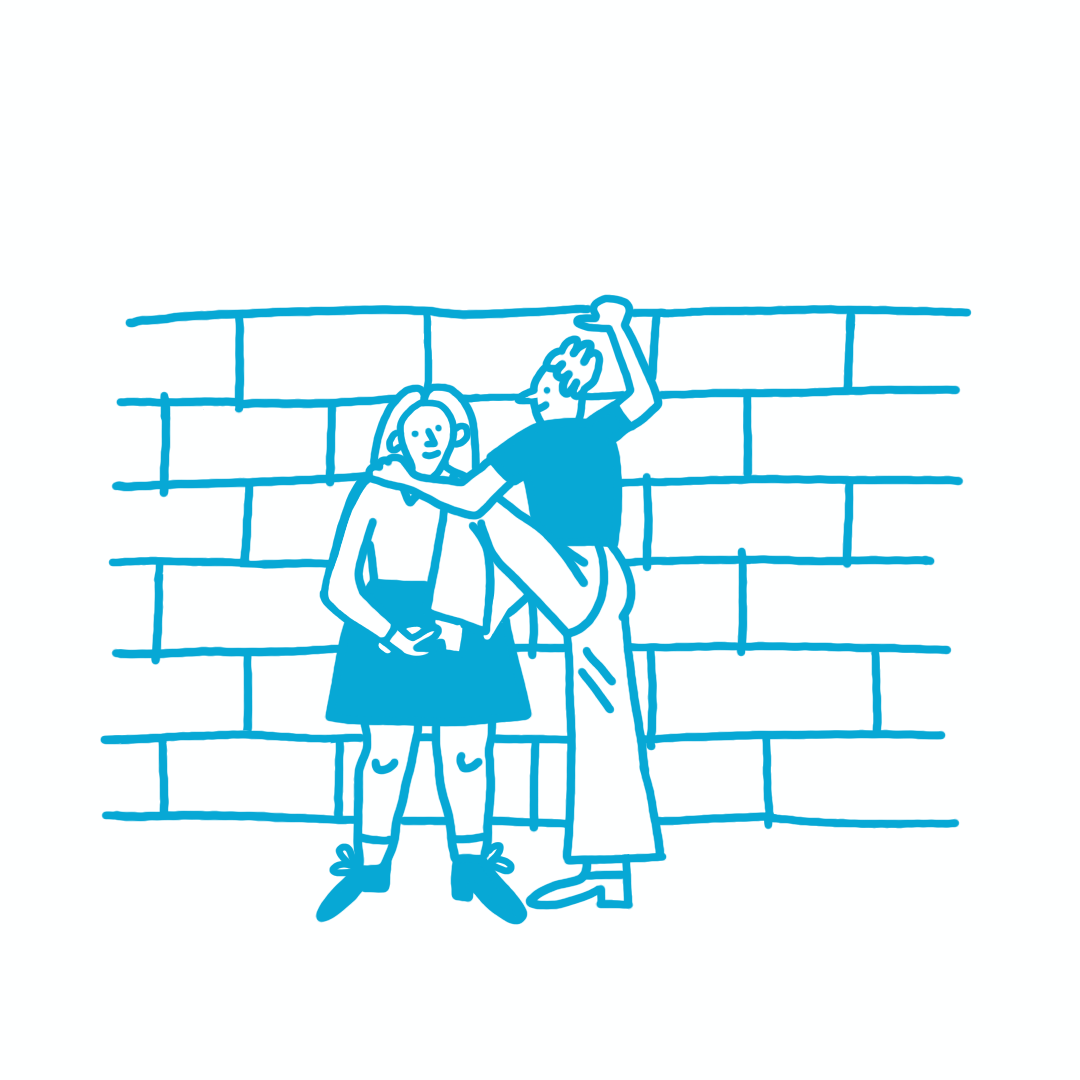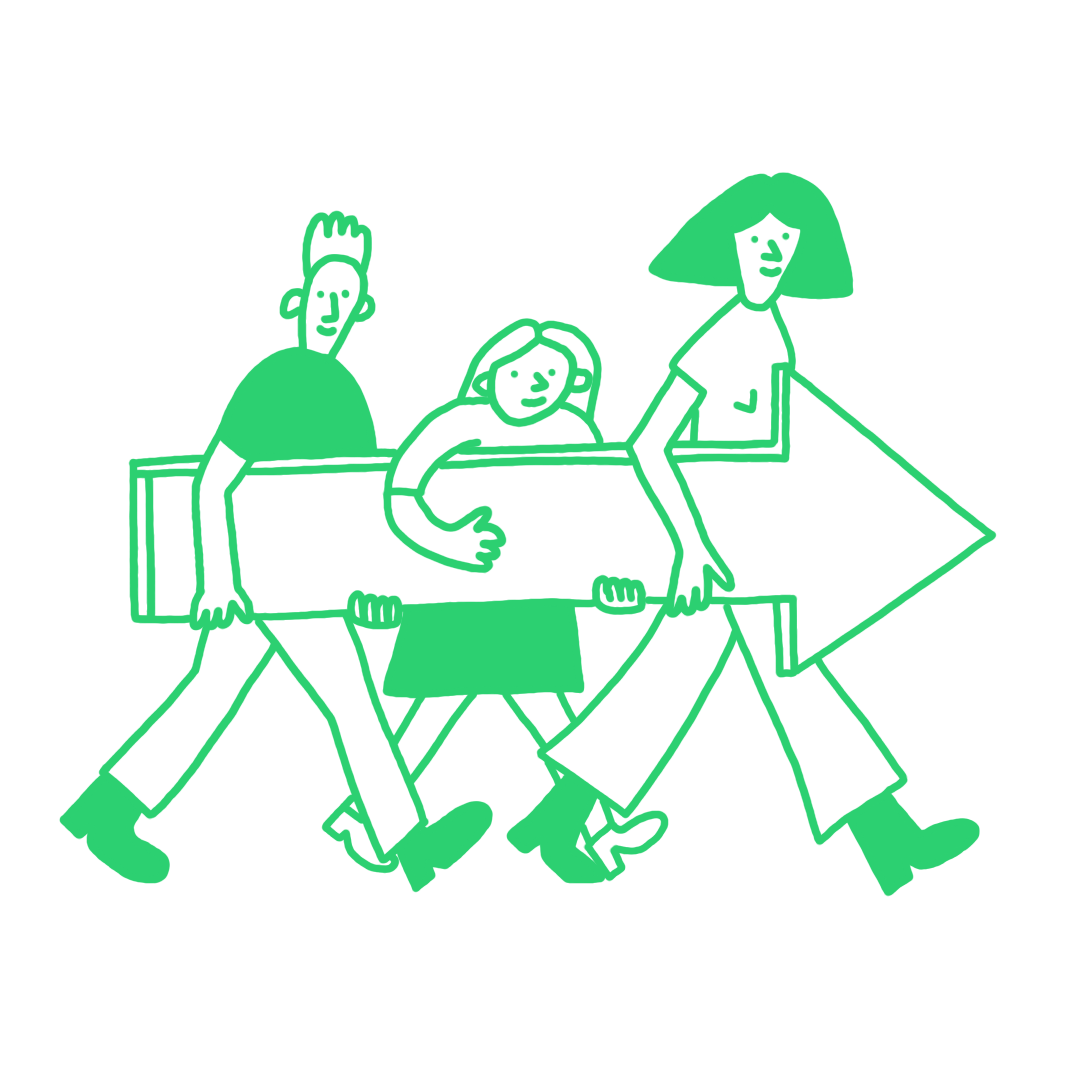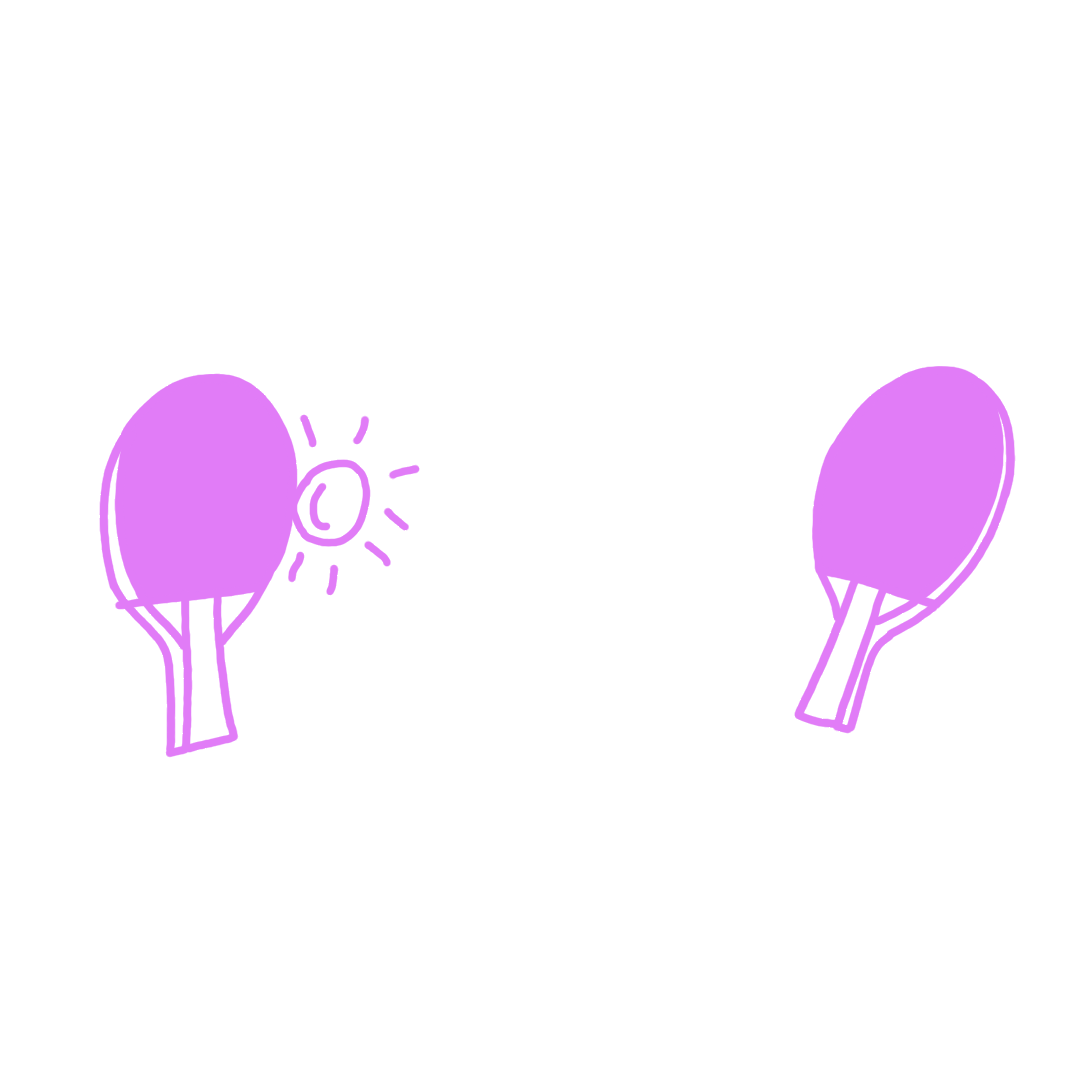| Akoglu, C. & Dankl, K. (in press) 'How can social design foster better experiences for patients in the form of services, products, and spaces? Three case studies from healthcare in Denmark.’ Cumulus Budapest 2024 Conference. |
| Dankl, K., Garschall, M., Bollinger, D. & Schwarz, S. (submitted) ‘Storytelling for Togetherness: Key Elements for Service Design.’ The Design Journal. |
| Fastl, C., Schwarz, S., Dankl, K., Stein, V. & Doner, T., (2024) ‚Ein partizipativer Ansatz zur Förderung von Klima- und Gesundheitskompetenzen älterer Erwachsener.‘ ÖGPH Jahrestagung 2024.16.-18.10.2024, Innsbruck, Austria. |
| Dankl, K., Akoglu, C., Kremer, M. (2024) ‘Towards an Academy of Life: Exploring Future Design Pedagogies for Broadening the Discourse on Ageing.’ Design4Health Conference 2024. |
| Dankl, K., Akoglu, C., & Bro Egelund, K. (2023). A contemporary framework for probing in social design: on continuous dialogues and community building. CoDesign, 19(1), 14-35. |
Experience-Based Co-Design enriched by Sensemaking and Value Generation through Probing: A Case Study in a Danish Neonatal Intensive Care Unit
Dankl, K., Akoglu, C. & Kremer, M., 20 Jul 2022, Academic Design Management Conference 2022: Design Management as a Strategic Asset. DMI, Design Management Institute, p. 468-480 12 p. |
| Knutz, E., & Dankl, K. (2022). Urban experiments exhibited: Exploring practice-based design research and agency in urban space. Artifact: Journal of Design Practice, 9(1&2), 26-1. |
| 6. König, T., Pigliautile, M., Aguila, O., Arambarri, J., Christophorou, C., Colombo, M., Constantinides, A., Curia, R., Dankl, K., Hanke, S., Mayer, C., Moritsch, S., Müllner-Rieder, M., Pernkopf, F., Schüler, C., Stillo, M., Mecocci, P. & Stögmann, E. (2022). User experience and acceptance of a device assisting persons with dementia in daily life: a multicenter field study. Aging clinical and experimental research, 34(4), pp.869-879. |
| Dankl, K., & Akoglu, C. (2021). Tangible Care: Design as a Vehicle for Materializing Shifting Relationships between Clinicians and Patients. Design Issues, 37(2), 5-15. |
| Knutz, E. & Dankl, K. (2021) SCALING EXPERIMENTS IN URBAN SPACE – AN EXPLORATORY FRAMEWORK. In: Brandt, E., Markussen, T., Berglund, E., Julier, G., & Linde, P. (2021). Proceedings of Nordes 2021: Matters of Scale. In Nordic Design Research Conference. DESIGNSKOLEN KOLDING. |
| Dankl, K. & Knutz, E. (eds). Exhibition Catalogue of Nordes 2021: Agency in the City of Kolding. August 2021, Kolding: Denmark |
| Martin, R. W., Brogård Andersen, S., O’Brien, M. A., Bravo, P., Hoffmann, T., Olling, K., Shepherd H., Dankl K., Stacey D., & Dahl Steffensen, K. (2021). Providing balanced information about options in patient decision aids: an update from the International Patient Decision Aid Standards. Medical Decision Making, 0272989X211021397. |
| Dankl, K. (2020). Shared Decision Making. In Zwischenmenschliches Design (pp. 47-68). Springer VS, Wiesbaden. |
| Dankl, K., Stögmann, E., König, T., Moritsch, S., & Hanke, S. (2020). Multidimensional Design Research for Dementia and its Methodological Opportunities for Cross-Disciplinary Consortia. Design Journal, 23(4), 597-619. https://doi.org/DOI: 10.1080/14606925.2020.1768758 |
| Akoglu, C., Dankl, K., & Dahl Steffensen, K. (2019). A design-led patient campaign development process for disseminating the concept of shared decision making. Design for Health, 305-323. https://doi.org/10.1080/24735132.2019.1691417 |
| Akoglu, C., & Dankl, K. (2019). Co-creation for empathy and mutual learning: a framework for design in health and social care. CoDesign International Journal of CoCreation in Design and the Arts. https://doi.org/10.1080/15710882.2019.1633358 |
| Dankl, K., Moritsch, S., Pernkopf, F., Stögmann, E., König, T., & Hanke, S. (2019). Memento for Living, Working and Caring: An ‘Archetypal Object’ for Being with Dementia. I Dementia Lab 2019: Making Design Work: Engaging with Dementia in Context (s. 114-127). Springer Verlag. https://doi.org/10.1007/978-3-030-33540-3_11 |
| Dankl, K., Mischer, K., Traxler, T., Rüf, R., Schnitzer, G., & Umgeher, P. (2019). Postprodukt. New Design University. |
| Akoglu, C., Dankl, K., & Dahl Steffensen, K. (2018). A Design-led Process for Disseminating the Concept of Shared Decision Making. I K. Christer, C. Craig, & D. Wolstenholme (red.), Proceedings of the 5th International Conference on Design4Health https://research.shu.ac.uk/design4health/wp-content/uploads/2018/09/727.pdf |
| Akoglu, C., Dahl Steffensen, K., & Dankl, K. (2018). Design and healthcare collaboration: Developing a generic patient decision aid in a Danish hospital context. I The 21st DMI: Academic Design Management Conference Proceedings: Next Wave (s. 1350-1360). DMI, Design Management Institute. |
| Dahl Steffensen, K., Dankl, K., Vinter, M., Coulter, A., Berry, L., & Stuart, B. (2018). Lessons in Integrating Shared Decision-Making Into Cancer Care. Journal of Oncology Practice, 14(4), 229-235. https://doi.org/10.1200/JOP.18.00019 |
| Dankl, K. (2018). Research through Design. A Call for New Academic Rituals. I S. Moritsch, & J. Pintsuk-Christopf (red.), Practice-based Research: Manual & Material Culture: Aktuelle Perspektiven auf Design, Handwerk und produzierende Gestaltung (s. 20-25). New Design University. |
| Dankl, K. (2017) Teaching Healthcare Design: Methods for Empathy, Proceeding of the REDO Cumulus Conference 2017 |
| Dankl, K. (2017). Intuition, Reflection and Reflexivity. FormAkademisk - Forskningstidsskrift for Design Og Designdidaktikk, 10(2). https://doi.org/10.7577/formakademisk.1643 |
| Dankl, K., Dahl Steffensen, K. (2016) ‚Empathic Encounters between Design and Healthcare‘, Proceedings of the Design and Emotion conference 2016 |
| Dankl, K. (2016) ‘Learning Activities for the Reflexive Designer’, Troelsen (red.) (2016) Teaching for Active Learning TAL2015. Proceedings fra konferencen TAL2015 på Syddansk Universitet, 2015. ISBN: 978-87-93192-86-7 |
| Dankl, K., Moritsch, S., Schnitzer, G., Umgeher, P. (eds.) (2016) Social Craft: Design im Kontext von Social Business. Own Publishing. |
| Dankl, K. (2016) ‘The DM* Magazine: Designerly Ways of Synthesizing Theory’, Dankl, K. (2016), DSKD Research Publication 2016. |
| Dankl, K., (2016) Design age: Towards a participatory transformation of images of ageing, Design Studies, Volume 48, January 2017, p. 30–42 |
| Dankl, K. (2015) ‘Disruptive Diversity: Aspirational Connections between User Groups’, Include 2015 Proceedings, ISBN 978-1-910642-06-1, http://www.rca.ac.uk/research-innovation/helen-hamlyn-centre/include-2015/include-2015-proceedings/ [Peer Reviewed] |
| Dankl, K. (2015) ‘Teaching for Future Health Care Innovation’, LearnXDesign, Proceedings of the 3rd International Conference for Design Education Researchers, Volume 2 DOI: 10.13140/RG.2.1.5001.8409, pp. 535-547. Published by Aalto University School of Arts, Design and Architecture. |
| Dankl, K. (2015) ‘The Paradox of Design Methods: Towards new Functions’, Nordes 2015: Design Ecologies, ISSN 1604-9705, http://www.nordes.org/opj/index.php/n13/article/viewFile/403/381 |
| Dankl, K. (ed.) (2014) Design Diversity. Produktkultur abseits von Beige, Best und Gold. Vienna: Verlag für Moderne Kunst. |
| Dankl, K. (2014) ‚Design für später. Überlegungen zum zeitgenössischen Status von Alter und Design’, in Dankl, K. (ed.) Design Diversity. Produktkultur abseits von Beige, Best und Gold. Vienna: Verlag für Moderne Kunst. p. 10-22 |
| Dankl, K. (2014) ‚Design for later. Considerations on a changing product culture’, in Dankl, K. (ed.) Design Diversity. Produktkultur abseits von Beige, Best und Gold. Vienna: Verlag für Moderne Kunst. p. 10-22 |
| Dankl, K. (2014) ‚LESS! I Love Brot‘, in: Wirtschaftsagentur Wien (ed.) Something Special. Vienna the Creative City, Verlag für Moderne Kunst. p. 148-149 |
| Dankl, K., Hampel, L. (2013) ‘Sunday Cake’ in Progetto Cibo, La forma del gusto. Catalogo della mostra, Mondadori Electa, p. 93 |
| Dankl, K. (2013) ‚I Love Brot‘ in: INNENaussenINNEN der nicht digitale virtuelle Raum. Ausstellungskatalog. Amt der Niederösterreichischen Landesregierung, p. 72-75 |
| Dankl, K. (2013) ‚Style, Strategy and Temporality: How to Write an Inclusive Design Brief‘, The Design Journal. Inclusive Design Special Issue. Berg Publication. vol 16, no 2, pp. 159-174(16). |
| Dankl, K.; Mimica, T.; Nieradzik, L.; Schneider, K.; Timm, E. (2013) ‚Faultlines of Participation: An Ethnography translated into an exhibition on family and kinship’, Museum and Society. March 2013. 11(1) p. 82-99. http://www2.le.ac.uk/departments/museumstudies/museumsociety/documents/volumes/timm.pdf |
| Dankl, K.; Mimica, T. (2013) ‚Collecting the Present by Doing Kinship with Pictures and Objects‘, Berliner Blätter 63/2013. Humboldt University Berlin/Panama Verlag |
| Dankl, K. (2012) ‚Material Immaterialized: Mature Living Beyond Smart Housing‘, Space and Culture, Sage Publication London. August 2012 vol. 15 no. 3, p. 198-209. |
| Dankl, K. (2012) ‚Mein, Dein, Unser Museum‘, Österreichische Zeitschrift für Volkskunde. 115 (2012), 1+2, p. 187–194. |
| Dankl, K. (2012) ‚Der interdisziplinäre Prozess: Zur Produktion von Ausstellung, Katalog und Publikationen‘, in Clarke, A.; Dankl, K.; Mimica, T.; Nieradzik, L.; Schindler, M.; Schneider, K.; Timm, E. (eds.) Familienmacher, Ausstellungsmachen. Katalog zur Ausstellung im Österreichischen Museum für Volkskunde in Wien. (2012) Nürnberg: Verlag für Moderne Kunst Nürnberg. p. 14-15. |
| Dankl, K.; Mimica, T.; Nieradzik, L.; Schneider, K.; Timm, E. (eds.) (2011) Familienmacher. Vom Festhalten, Verbinden und Loswerden. Gebrauchsanweisung zur Ausstellung im Österreichischen Museum für Volkskunde in Wien. Wien. |
| Dankl, K., Hampel, L. (eds.) (2011) Hygiene. Wien: Hofmobiliendepot Möbel Museum Wien. |
| Dankl, K. (2011) ‚31m2 and Style‘ in Clarke, A. (ed.) Design Anthropology: Product Culture in the 21st Century. WienNewYork: Springer. |
| Dankl, K., Hampel, L. (eds.) (2009) MEET Magazine. Pension ist eine Ausrede. Wien: Eigenverlag. |
| Clarke, A.; Dankl, K.; Mimica, T.; Nieradzik, L.; Schindler, M.; Schneider, K.; Timm, E. (eds.) (2012) Familienmacher, Ausstellungsmachen. Katalog zur Ausstellung im Österreichischen Museum für Volkskunde in Wien. Nürnberg: Verlag für Moderne Kunst Nürnberg. |
| Dankl, K. (2009) ‘Canella – Material Culture as the Blueprint of Society‘, Conference Proceedings Include 2009, http://include09.kinetixevents.co.uk/4dcgi/prog?operation=author&id=170 |
|
|
|
